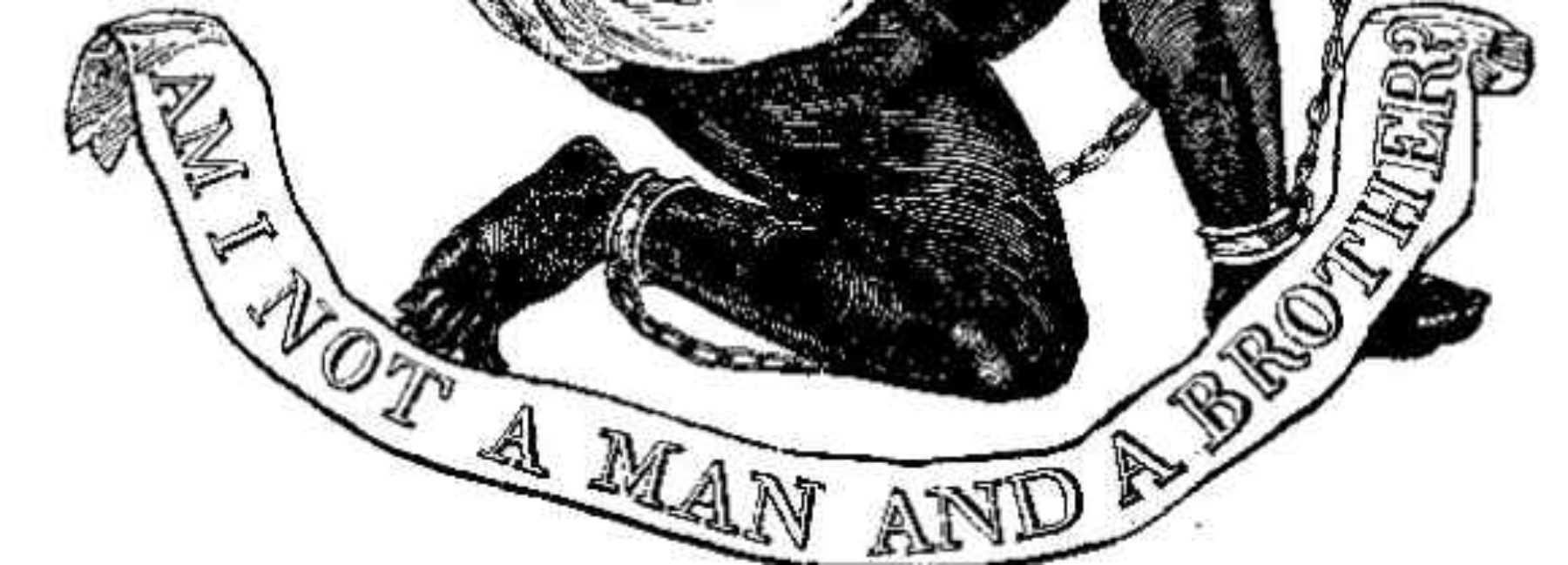Getting to the Top
I’m sure many freshman did not arrive here at Yale by being lackadaisical about studies and future plans. I don’t know what the most important thing in your life is, but for a long time for me it was excellence—perfection, actually.
Of course, being a realistic person I did not expect to be perfect in everything. One thing would be sufficient for my purposes. So somewhere along the way I decided it would be academics.
It might have been fifth grade when I discovered that my friends were trying to sabotage my future by distracting me from my studies. And I realized that doing well in school won the favor of my parents, teachers, and peers. But soon that all faded into the background and only one thing came to the forefront.
My entire self-worth depended on my academic performance. If I got a 96 on an exam, that wasn’t good enough. The four lost points reminded me that I was deficient. But because I had not yet reached the “top”—and it was only four points away—I pressed on.
In middle school I gained the reputation of being a study machine. Friends and activities came after my studies. I had tunnel vision. All I could see before me was the glory of achieving the perfection that would secure my future.
My entire self-worth depended on my academic performance. All I could see before me was the glory of achieving the perfection that would secure my future.

After two years of constant striving, I was faced with the indignity of being salutatorian due to the injustice of my French teacher. But this time I was only 0.007 of the GPA away from the top.
I moved on to one of the best high schools in New York City—and, according to our principal, in the universe—wondering if I could handle being a small fish in a big pond. Soon I discovered that with some dedication it was possible to do well even among all the other over-achievers.
By the second semester of my freshman year, I had obtained a nearly perfect GPA. But to my dismay, what should have been the most exhilarating time of my life became the most awful time. What was wrong with me? Had I not reached the exact place where I had wanted to be?
Then it hit me why I felt nauseous every time I would get an exam or paper back. Having reached the top, there was only one place to go. I felt if I even stopped striving for one moment, I would fall from a terrible height. All I had done to reach the top could come to naught with one mistake. Reaching perfection was one thing; maintaining perfection was another.
I guess I never counted the cost of obtaining perfection. I hadn’t realized there was still more work after you had reached it. The pressure of those competing with me could be felt on all sides. It was like running on a rotating sphere waiting to get your feet pulled out from under you. The only thing to do was to keep running. No end in sight. When would the striving end, so that I could enjoy the perfection I had achieved?
About the same time I started attending an after-school Christian fellowship. I had started to go because of a friend’s invitation. Although I had gone to church and Sunday School all my life, I could not say that God was on my mind in my daily life—especially in school. I went because I wanted to do “the right thing” and get involved in as many activities as possible. Remember that this was the time to start looking interesting to the colleges.
At first the Christian fellowship seemed much like any other gather of people with a shared interest. I only remember thinking about the two hours I was wasting sitting there.
I was very concerned about time, since I had to commute three hours a day between home and school—three trains and a bus. I couldn’t help wondering if these Christians had any ambitions in life.
At the time I worked under the philosophy of “God only helps those who help themselves.” I believed in God and Jesus, but how could He help me succeed in life if I did not work as hard as I could?
Despite my hesitations and reservations I kept attending this fellowship out of a desire to stick to something once I’d started it. There, in my stubbornness and ignorance, God struck me not with His anger but with His love. I finally understood in my heart that Christ shed His blood to take the punishment I had earned for the sins I had committed in thought, heart, and deed—not when I was perfect but when I was very much imperfect.

“But God demonstrates his own love for us in this: While we were still sinners, Christ died for us” (Romans 5:8). Because I had done nothing to earn this gift, on the flip side, I did not have to work to keep it.
“For it is by grace you have been saved, through faith—and it is not from yourselves, it is the gift of God—not by works, so that no one can boast” (Ephesians 2:8,9). It was so liberating to find something in this life that I could maintain without striving for it.
“…being confident of this, that he who began a good work in you will carry it on to completion until the day of Christ Jesus” (Philippians 1:6). All this could be mine for eternity if I chose to have it, but the hard part was that I had to choose. Like any other gift it was of no value to me unless I accepted it, opened it, and used it. Otherwise it would have my name on it but would make no difference in my life.
So I had to decide whether or not I would choose to receive Christ as my Lord and Savior. At the time I thought I had already done this, but my anxiety and inability to trust God with my studies and future proved that I had not made Jesus Lord of my life.
I wanted Jesus to be my Savior but I wasn’t sure if I was ready to accept Him as Lord. Visions of being sent to some alien wilderness on a far-off continent did not appeal to senses that longed for a comfortable and secure life.
Then the next revelation came that God is good and therefore has good plans for my life. “For I know the plans I have for you,” declares the Lord, “plans to prosper you and not to harm you, plans to give you hope and a future” (Jeremiah 29:11). I decided to trust Him not only for my eternal salvation, but for my life.
Looking back, this was the best decision I ever made. Not only did it free me from all my anxieties of falling from the top, but it gave me purpose in life. Right after Ephesians 2:8,9 (telling us that salvation is a gift so that no one can boast), verse 10 continues, “For we are God’s workmanship, created in Christ Jesus to do good works, which God prepared in advance for us to do.” It blew my mind to realize that God had conceived a plan for my life before I was born—my life had eternal significance. This was that “something more” I was searching for. It gave me a future, and a good one at that, not obtained by striving but through believing in Jesus.
This brief exchange between some members of a crowd and Jesus is worth our close attention: “Then they asked him, ‘What must we do to do the works God requires?’ Jesus answered, ‘The work of God is this: to believe in the one he has sent’” (John 6:28,29).
As former Yale President Timothy Dwight (for whom TD College and Dwight Hall are named) advised his students: “Christ is the only, the true, the living way of access to God. Give up yourselves therefore to Him, with a cordial confidence, and the great work of life is done.”
Through three years of Stuyvesant High School, two years of Yale, and many tests and exams, God has done everything in my best interest, regardless of how it has appeared at the time. God has faithfully kept His promise to do good to me.
Not only has He blessed me with ephemeral things—such as good grades—but with eternal things—an inheritance in God, knowledge of Him through His Word, and fellowship with brothers and sisters in Christ. I have put my hope in the Lord of all creation, who will never change and will never forget nor forsake me.
“The Lord God is my strength, and he will make my feet like hinds’ feet, and he will make me to walk upon mine high places…” (Habakkuk 3:19). There is a top, and a way to get there, but the world does not know it because the world does not know Jesus, who is “the way, the truth, and the life.”
In your first few weeks of Yale, think where the road you are walking on is taking you. Do you know what the end will be? Do not blindly follow the road the world gives you, for the world does not have your best interest at heart.
The Lord Jesus says, “Come to me, all you who are weary and burdened, and I will give you rest. Take my yoke upon you and learn from me, for I am gentle and humble in heart, and you will find rest for your souls. For my yoke is easy and my burden is light” (Matthew 11:30).
Paulina Kim, Ezra Stiles ’95

